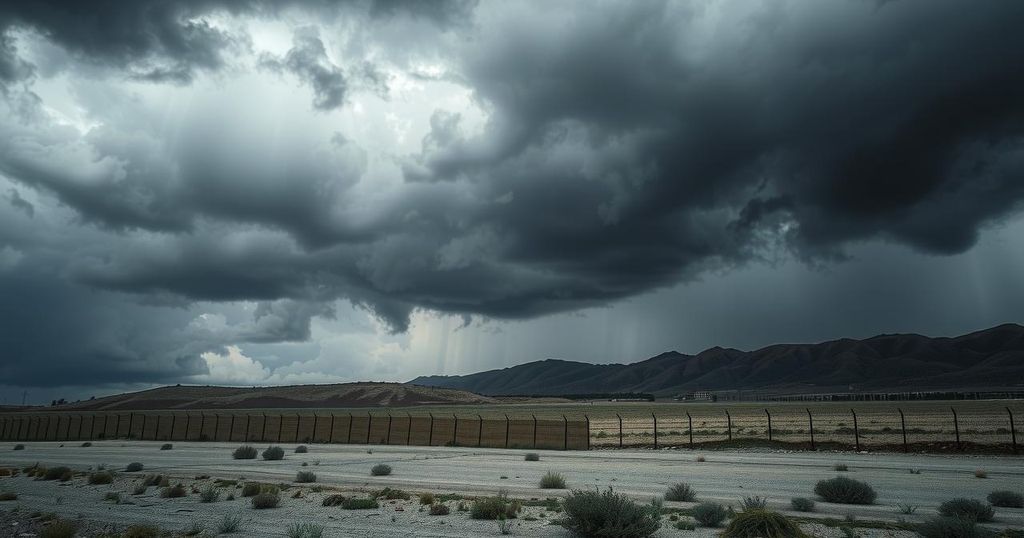The U.S. has issued an ultimatum to Lebanon to form committees for negotiations with Israel by the end of the month. Failure to comply may lead to disengagement from oversight, risking Israeli escalation. Domestic opposition to normalization complicates Lebanon’s position, with strong resistance evident on social media. Calls for stability arise among some citizens, while proposed compromises may endeavor to bridge conflicting interests.
Recent reports indicate that the United States has issued an ultimatum to Lebanon, demanding the establishment of civilian committees to negotiate with Israel by the month’s end. Morgan Ortagus, the Deputy U.S. envoy to the Middle East, conveyed a strong message during discussions with Lebanese President Joseph Aoun and Prime Minister Nawaf Salam, stating that non-compliance could lead to a U.S. withdrawal from oversight and grant Israel greater operational freedom.
The deadline for initiating negotiations is perceived as non-negotiable by American officials, who emphasize an urgent push for talks that transcend military issues between Lebanon and Israel. Lebanese officials note that the U.S. seeks to form diplomatic working groups addressing three primary issues: the release of Lebanese prisoners, Israeli withdrawal from disputed border areas along the “Blue Line,” and a resolution to remaining border disputes.
Lebanese Foreign Minister Youssef Raji has articulated a firm stance against normalization, reiterating Lebanon’s unwillingness to engage in direct political negotiations with Israel. Thus, Lebanese authorities are grappling with a challenging decision: the potential risks of Israeli escalation versus strong domestic opposition to any perceived normalization.
On social media platforms, notably Twitter (X) and Instagram, there exists significant backlash against normalization, notably from Hezbollah-aligned users who label Israel as the “Zionist enemy.” Campaigns under hashtags such as لبنان_ضد_التطبيع (“Lebanon against normalization”) reflect the prevailing sentiment among some factions that see maintaining resistance as central to their identity. Some voices, however, suggest a desire for stability and peace, particularly among Christians, Sunnis, and Druze, expressing frustration with Hezbollah’s influence.
Moreover, skepticism about normalization remains pronounced among the broader populace, with independent users voicing doubts about the feasibility of peace as long as Iranian influence via Hezbollah persists. A potential compromise being considered is the inclusion of civilian experts in the current military oversight committee, similar to the maritime border negotiation model, allowing Lebanon a chance to navigate this critical diplomatic landscape without a complete rejection of the U.S. proposal.
In summary, the United States has presented Lebanon an ultimatum regarding negotiations with Israel, emphasizing the urgency of dialogue and setting a deadline for action. Lebanon’s reluctance, driven by fears of escalation and internal opposition to normalization, poses a significant challenge. The stark divide in public opinion, reflected in social media sentiment, illustrates the complexities involved in potential diplomatic engagement. Furthermore, the proposal to include civilian experts in negotiations may serve as a means to balance Lebanon’s stance amid these tensions.
Original Source: vinnews.com






